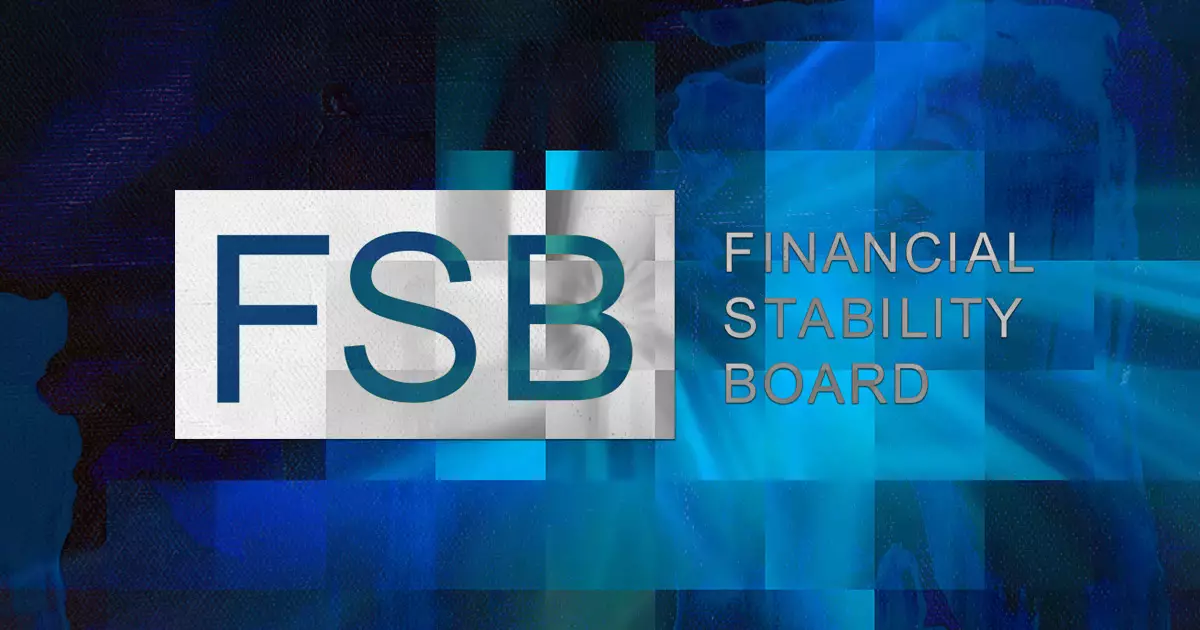The Financial Stability Board (FSB), an international body responsible for monitoring and providing recommendations for the global financial system, has recently released its finalized global regulatory framework for crypto-asset activities. In addition to this framework, the FSB has published several “high-level” recommendations for the regulation, supervision, and oversight of the crypto industry and its markets. These developments were based on feedback received during a public consultation and a thorough review of the events that transpired within the crypto industry over the past year.
According to the FSB, recent events have shed light on the inherent volatility and structural vulnerabilities of crypto-assets and the entities involved in this market. Notably, the collapse of high-profile players like FTX has highlighted the potential for a domino effect when critical service providers fail, thereby posing risks that can rapidly spread throughout the ecosystem. The FSB expresses concern about the deepening connection between traditional finance and cryptocurrencies, as it believes that this interconnection could heighten risk levels in the broader financial market. To mitigate this potential threat, the FSB recommends the implementation of more stringent regulations for the cryptocurrency sector.
The main objective of the FSB’s framework is to ensure comprehensive and consistent regulation of cryptocurrencies and stablecoins across borders. Simultaneously, the framework aims to strike a balance between effective regulation and fostering technological innovation within the industry.
As part of its framework, the FSB has put forth two sets of distinct high-level recommendations. The first set comprises new recommendations, while the second set consists of previous recommendations on stablecoins that have been revised in response to recent events. These recommendations primarily focus on addressing various risks to financial stability and establishing a baseline for regulators to develop their own regulatory regimes.
The FSB acknowledges that it has enhanced several of its prior recommendations to better address three key areas, namely safeguarding client assets, mitigating risks arising from conflicts of interest, and enhancing cross-border cooperation. These nine top-level recommendations cover a range of aspects, including governance, disclosures, risk management, regulatory tools, regulatory regimes, and cross-border cooperation between regulators.
It is important to note that the FSB’s recommendations do not extend to central bank digital currencies (CBDCs), which are essentially considered digital representations of central bank liabilities.
In summary, the Financial Stability Board has taken significant steps to finalize a global regulatory framework for crypto-asset activities. By formulating these high-level recommendations, the FSB aims to address the risks associated with the crypto industry and establish a foundation for regulators to build their own regulatory regimes. With a focus on comprehensive and consistent regulation, the FSB emphasizes the importance of safeguarding client assets, managing conflicts of interest, and promoting cross-border cooperation. However, it is crucial to recognize that these recommendations do not apply to central bank digital currencies.


Leave a Reply